Focus on Exports Helped Kirby Triple Turnover
“We’ve achieved growth in three ways, through strengthening our capabilities, going deeper into our chosen sectors, and through geographic expansion.”
Jimmy Kirby, MD Kirby Group Engineering
Key Takeouts:
Case Study: Kirby
Developing export markets has helped Kirby treble its business in just seven years.
Founded in 1964, Kirby provides full mechanical and electrical engineering contracting services, as well as specialist high voltage (HV) and medium voltage (MV) design and construction services, to clients across several key sectors. These include data centre, life sciences, industrial manufacturing, commercial, petrochemical, and substations and renewables.
With the support of Enterprise Ireland, Kirby operates in a number of markets including the UK and Northern Europe.
Growing international operations
“In 2008, we began our first overseas work in the UK, initially focusing on the pharmaceutical, industrial manufacturing and power sectors,” says Jimmy Kirby. “Originally, we were invited in by one of our large multinational power sector customers to deliver projects for them; then we successfully expanded into the other sectors.”
Kirby has continued to develop and grow its international operations.
“Over the past seven years, we have almost tripled our turnover, from €58 million in 2010 to €167 million for 2017. To meet our growth targets, we increased employee numbers significantly. We currently directly employ over 700 people.”
Kirby has strengthened its management team too. “Earlier this year we announced a number of key appointments at senior level to support growth and success,” Jimmy Kirby says.
The company has recently announced further expansion in its international operations to include the new geographical area of the Nordics. “Expansion into the Nordics market is proving to be a successful development for us, having secured a data centre project and with more in the pipeline. We have the capability to execute projects in Ireland, UK, Sweden, Finland, Denmark, Netherlands and Belgium, and are currently developing the capability to execute projects in Norway, Germany, Switzerland and Luxembourg.”
Preparing for further growth
The business is poised for significant further growth. “Kirby has excellent future prospects due to the strength of our management team, our staff and associated capabilities, our strategy formulation and implementation capability, and our customer value proposition.”
The company has developed an in-house, integrated project execution process called the Kirby Way. “At the core of the Kirby Way is efficient and successful project delivery” explains Jimmy Kirby, Kirby Group Managing Director.
“It involves understanding our clients’ needs, collaboration, building high-performance teams and supporting our clients through every stage of the project,”
Strengthening its systems and processes is helping too. “Lean practices, such as standardisation, have become important components of our project delivery, bringing significant value to us and our customers,” says Kirby.
Staff members have taken ownership of continuous improvement. “We operate an Innovation Suggestion Scheme with participation encouraged among all of our workforce. This approach allows us to encourage a culture of innovation and continuously generate innovative and lean ideas from our site and office employees. The suggestions are focused around introducing efficiencies into the business through cycle-time reduction.”
Recent project wins include Gemini Data Centre and Substation in Dublin and Kilgallioch Windfarm Substation in the UK. Kirby is currently working on a confidential data centre site in Sweden, a biopharma facility in Meath, and Wembley Park Energy Centre in the UK, among many others.
Three ways to achieve growth
“We have achieved growth in three ways, through strengthening our capabilities, going deeper into our chosen sectors, and through geographic expansion,” Kirby says. “To ensure that there is a continuous pipeline of projects, it is important to track the investment levels in our selected geographies and sectors.”
Working with Enterprise Ireland is helping. “Enterprise Ireland has supported Kirby to develop its international operations over the years in a number of ways. It has done so by providing market research support, local market information and advice on new markets, providing access to its global network of contacts, and hosting networking events and seminars – such as a construction seminar held in Stockholm recently.”
Jimmy Kirby personally participated on Enterprise Ireland’s International Selling Programme in 2010, and went on to do a Masters Degree in DIT afterwards. The company also availed of a Market Access Grant, “which was a valuable support in our internationalisation efforts,” says Kirby.
Learn more about Enterprise Ireland’s Competitiveness supports here.

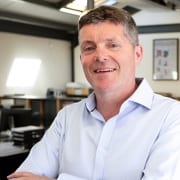
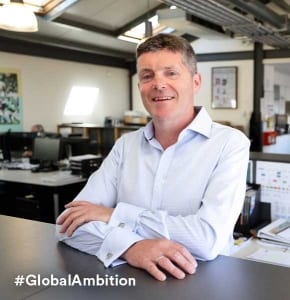
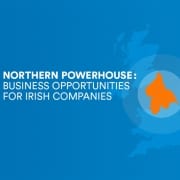

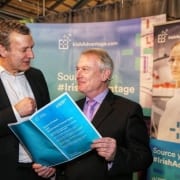
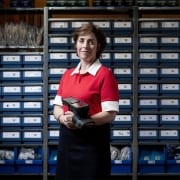
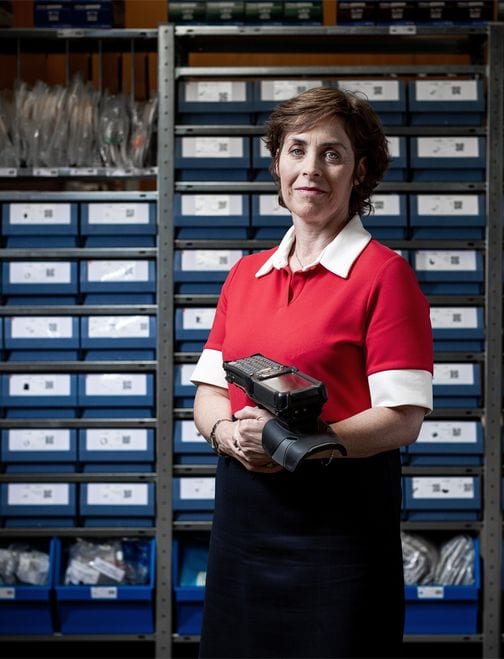
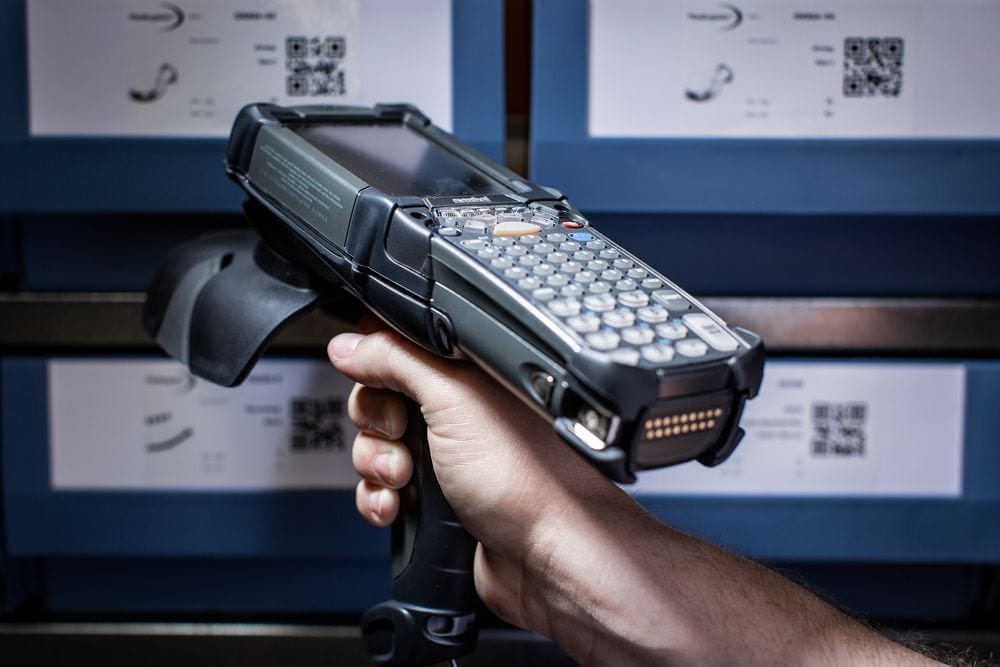 International success was already assured, due to a contract won in 2015 with Falck, the UK’s largest private ambulance service provider, thanks to the Enterprise Ireland development support.
International success was already assured, due to a contract won in 2015 with Falck, the UK’s largest private ambulance service provider, thanks to the Enterprise Ireland development support.
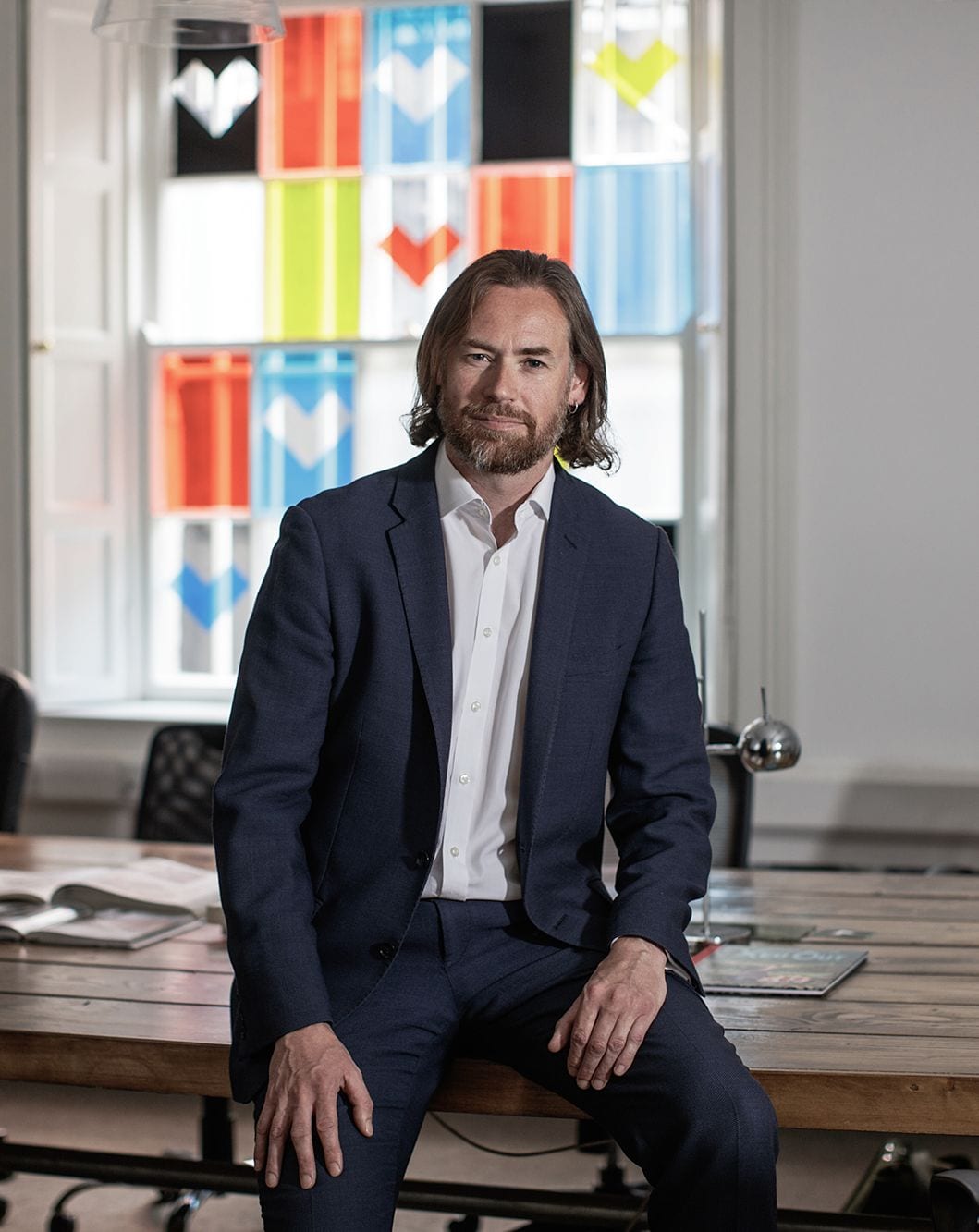
 The company recently introduced 10,000ft, a resource management and time-tracking software programme. “It allows us to track hours and integrates with our accounts process. We are trialling it as part of changes to our internal management processes designed to boost efficiencies and drive competitiveness across the board, from concept through to delivery.”
The company recently introduced 10,000ft, a resource management and time-tracking software programme. “It allows us to track hours and integrates with our accounts process. We are trialling it as part of changes to our internal management processes designed to boost efficiencies and drive competitiveness across the board, from concept through to delivery.”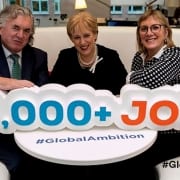



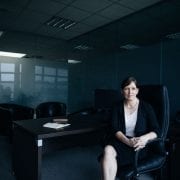
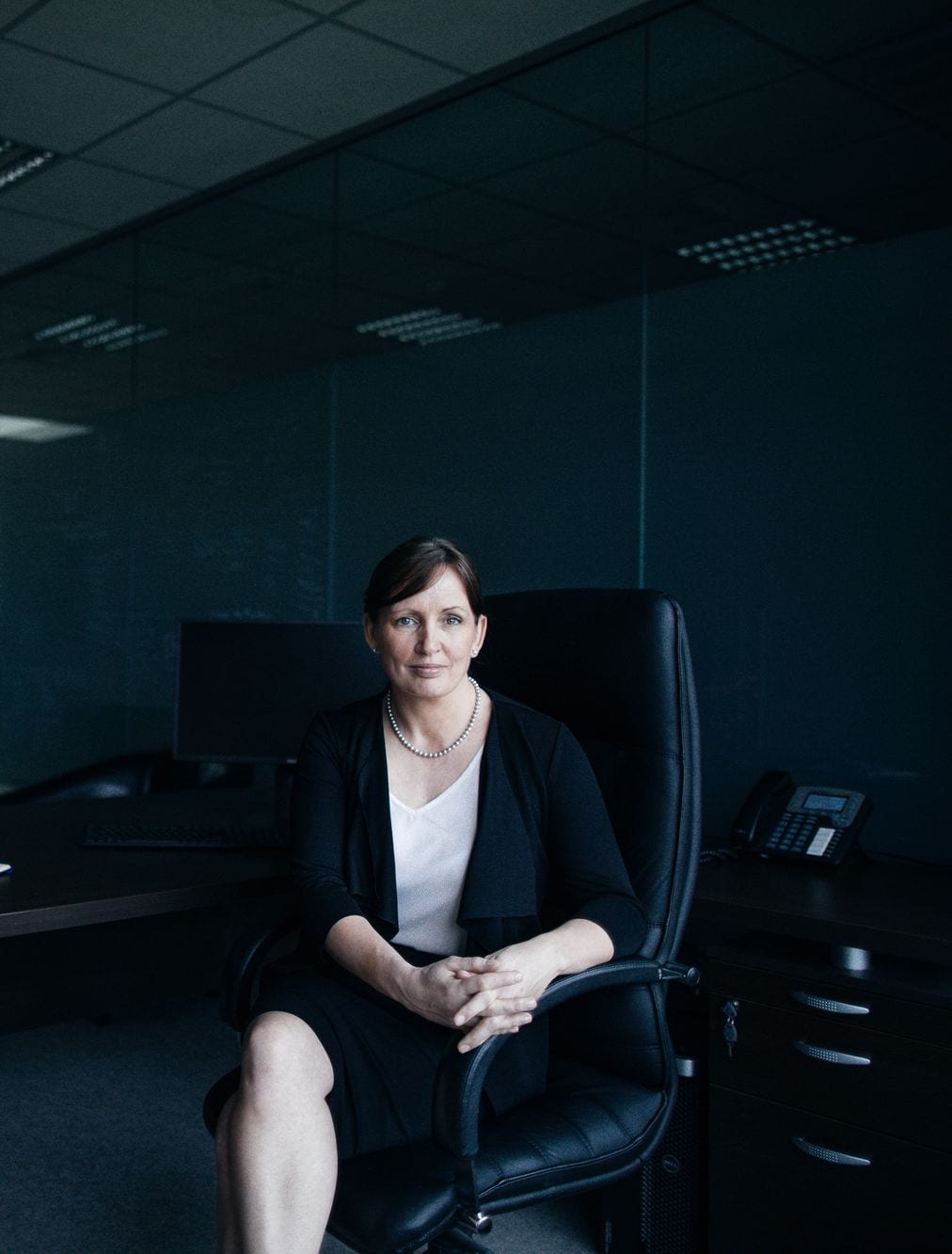 “You can’t just go into a market the size of the UK believing you will do the same things you do in Ireland. We decided to target the reseller market for our incentive product in the UK. Going the reseller rather than the direct route will increase our reach greatly.”
“You can’t just go into a market the size of the UK believing you will do the same things you do in Ireland. We decided to target the reseller market for our incentive product in the UK. Going the reseller rather than the direct route will increase our reach greatly.” PerfectCard was the first company in its space to receive e-money authorisation from the
PerfectCard was the first company in its space to receive e-money authorisation from the 
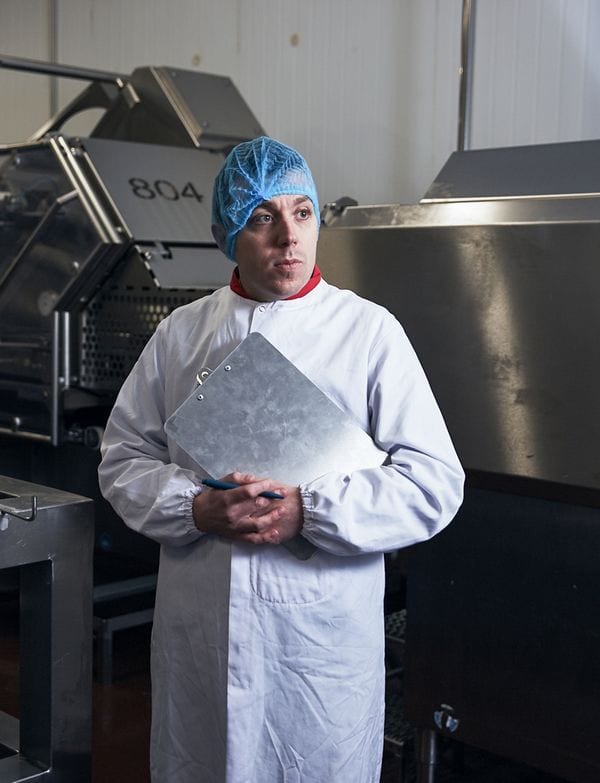 “We are now a key player in the UK market and have contracts with Morrisons, Aldi UK and others. We had to make a substantial investment in our factory, technology and management team to do it and it wouldn’t have been possible without Enterprise Ireland support.”
“We are now a key player in the UK market and have contracts with Morrisons, Aldi UK and others. We had to make a substantial investment in our factory, technology and management team to do it and it wouldn’t have been possible without Enterprise Ireland support.”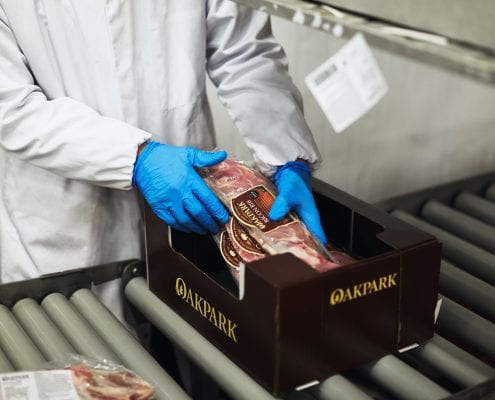 The company acquired Oakpark Foods in the early 1990s. “Back then it was a small operation supplying local supermarkets and shops with bacon products. When we came on board we looked at how we could add value. After that, the opportunity came up to buy the nearby Sunglen Pig Farm which produces 800 pigs a week. Our mill in Callan in County Kilkenny manufactures the pig feed using a bespoke diet; this is then fed to our own pigs on our farm; and we produce top-quality consumer packs of bacon joints and rashers at Oakpark. This gives us unique seed to fork provenance.”
The company acquired Oakpark Foods in the early 1990s. “Back then it was a small operation supplying local supermarkets and shops with bacon products. When we came on board we looked at how we could add value. After that, the opportunity came up to buy the nearby Sunglen Pig Farm which produces 800 pigs a week. Our mill in Callan in County Kilkenny manufactures the pig feed using a bespoke diet; this is then fed to our own pigs on our farm; and we produce top-quality consumer packs of bacon joints and rashers at Oakpark. This gives us unique seed to fork provenance.”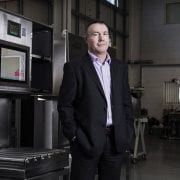
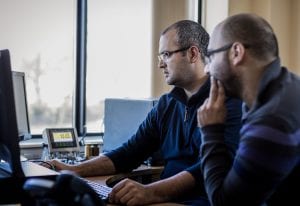 The company initially looked at the UK and, with Enterprise Ireland assistance, has enjoyed considerable success in the market. “Our export sales have trebled over the past three years. That’s still a small part of the business but all growth is being driven by international markets. We are now looking at opportunities in Canada, the US and Australia. They use the English language and are mature markets with similar food and meat processing sectors and standards to our own. It’s at an early stage for now but that’s where we see future growth coming from.”
The company initially looked at the UK and, with Enterprise Ireland assistance, has enjoyed considerable success in the market. “Our export sales have trebled over the past three years. That’s still a small part of the business but all growth is being driven by international markets. We are now looking at opportunities in Canada, the US and Australia. They use the English language and are mature markets with similar food and meat processing sectors and standards to our own. It’s at an early stage for now but that’s where we see future growth coming from.”
